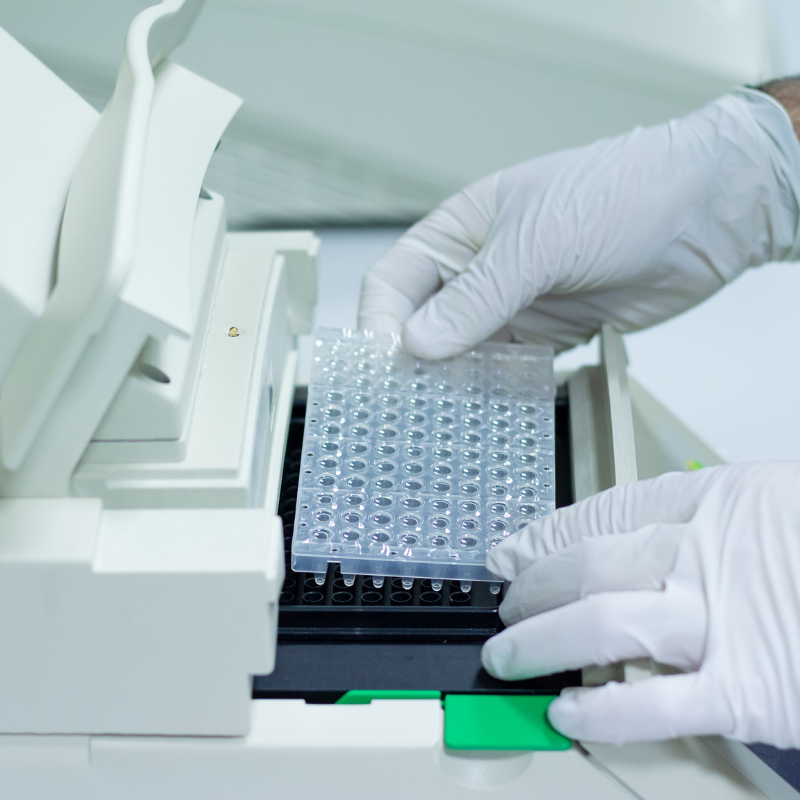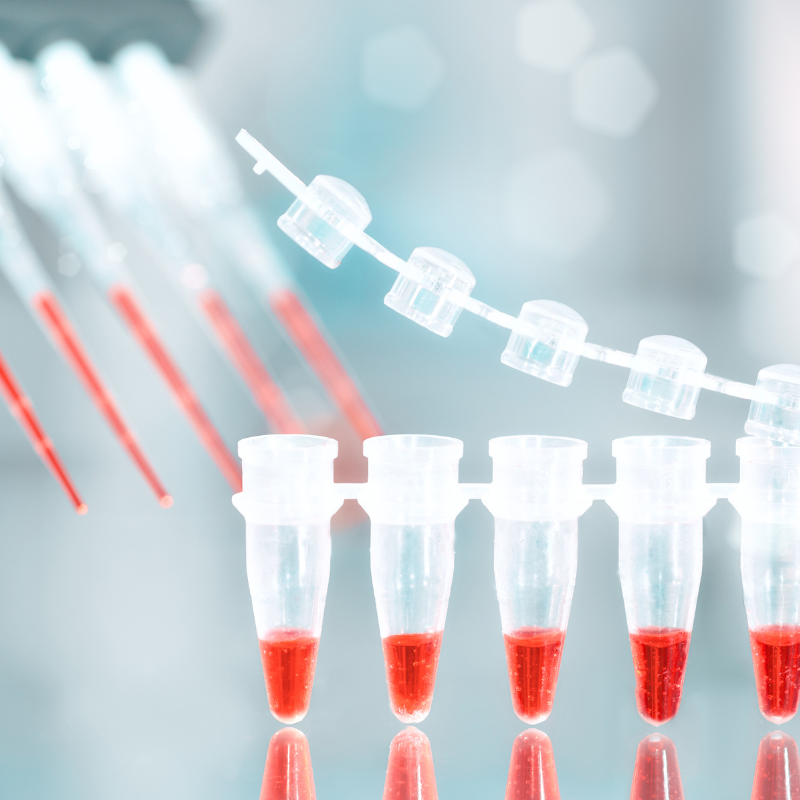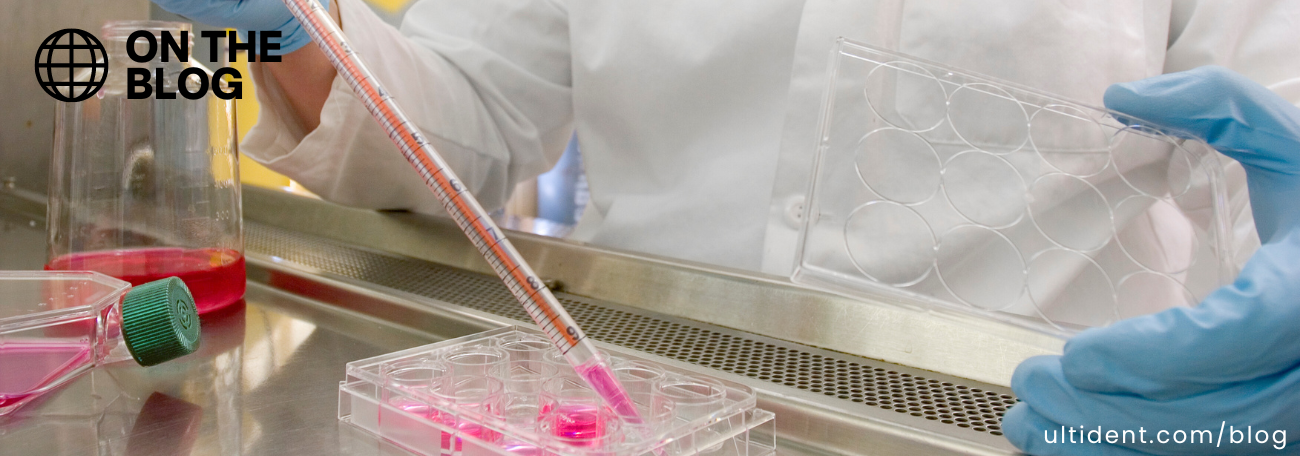Compatibility Myths: Debunking Four Common Misconceptions About Consumables in Laboratory Research
Compatibility Myths: Debunking Four Common Misconceptions About Consumables in Laboratory Research


Compatibility Myths: Debunking Four Common Misconceptions About Consumables in Laboratory Research
As researchers work to advance our collective knowledge, they rely on various lab equipment and consumables to ensure the accuracy of their experiments and analyses. Yet, within this landscape, common misunderstandings about the compatibility of lab supplies persist. In this article, we debunk four common misconceptions surrounding the use of non-OEM (Original Equipment Manufacturer) consumables in the life science industry.
For this article, we define Original Equipment Manufacturers (OEMs) as the companies responsible for producing and supplying equipment (pipettes, thermal cyclers, plate readers, centrifuges, spectrophotometers, etc.) under their branding. OEM consumables refer to products produced by the same company that manufactures the associated equipment.
1. Quality Assurance:
Myth: Some researchers are brought to believe that the only way to ensure superior quality and reliability for their experiments is to use consumables provided exclusively by the OEM.
The Reality: While OEM consumables meet specific quality standards and industry requirements, these standards apply uniformly to all manufacturers and suppliers.
In Canada, stringent regulations mandate that all laboratory products undergo the same rigorous testing procedures. As a result, selecting consumables from a trusted source, such as Ultident Scientific, can deliver substantial cost savings without compromising the quality of research results.
2. Compatibility Claims:
Myth: OEMs often promote their consumables as "specially designed" or "optimized" for their equipment. This type of marketing may lead some to think that the OEM's products are the only ones that will work seamlessly with their branded equipment.
The Reality: While OEM consumables are engineered with their equipment specifications in mind, private label consumables are tested for compatibility across a wide range of laboratory equipment and are designed to fit the most popular brands in today's market. Sometimes, private label suppliers will even design consumables with specific equipment in mind. For example, once-off patents, suppliers will engage in reverse engineering lab consumables to design equivalents compatible with equipment from the OEM.
However, the critical factors of quality and reproducibility can remain uncertain in such cases. This uncertainty underscores the importance of building solid relationships with trusted suppliers. At Ultident Scientific, we stand firmly behind every product we carry, ensuring that researchers can maintain high compatibility standards without being tied to a specific brand.


3. Warranty Concerns:
Myth: Many researchers and laboratory managers worry that using non-OEM consumables will void the warranties on their expensive scientific equipment, leaving them without manufacturer support in case of issues. OEMs can perpetuate this myth by tying the sale of their equipment to the exclusive use of their consumables.
The Reality: Researchers can choose consumables to suit their needs and budget without voiding warranties. Many jurisdictions, have regulations to protect consumer choice and competition. In Canada, the Canadian Competition Act protects these rights. Tied selling practices, where a vendor requires a customer to buy a second product, are subject to legal regulations, ensuring OEM warranty coverage, even with non-OEM consumables.
4. Fear of Experimental Failure
Myth: Researchers rely on their experiments to yield accurate and reliable results. The fear of experimental failure, driven by the notion that non-OEM consumables might not perform as reliably as OEM products, can be a significant barrier to trying alternative options.
The Reality: The misconception that using non-OEM consumables might lead to experimental failure is inaccurate. Consumables, when sourced from reputable suppliers, meet stringent industry standards and are compatible with a wide range of laboratory equipment. Many laboratories across Canada rely on Ultident Scientific's range of consumables to achieve accurate and reliable results. We offer technically complex products designed to function with OEM equipment seamlessly. Therefore, when we recommend a specific item as an alternative to another, we do so with complete confidence that the customer will be satisfied with its purchase.
Conclusion


In conclusion, the most crucial element in procuring lab equipment is choosing a knowledgeable and reputable source that backs the products they offer and prioritizes quality, reliability, and compatibility. By opting for private-label consumables from trusted suppliers like Ultident Scientific, the scientific community can confidently navigate these intricacies while preserving their experiments' integrity.





